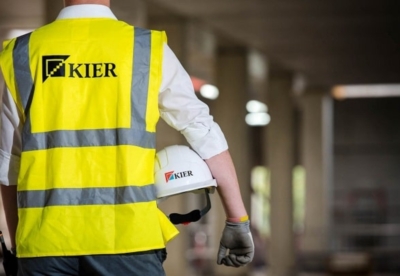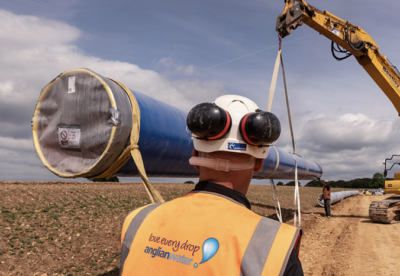The end of all CSCS Industry Accreditation cards issued from 1st Jan 2020 is part of the Construction Leadership Council’s drive for a fully trained and competent workforce.
Industry Accreditation (IA) allowed experienced workers to obtain CSCS cards on the strength of an employer recommendation rather than the achievement of a recognised qualification.
What each individual needs to do next depends on their occupation and what qualifications they may already hold.
An industry task group has published new guidance on the CSCS website that clearly sets out the next steps CSCS IA card holders must take before the deadline.
Sean Kearns, Chief Executive at CSCS said: “IA cardholders will not need to attend college as much of the assessment can be deliver remotely.
“Many IA cardholders will find it a straightforward process to replace their cards, such as moving across to the Academically or Professionally Qualified Persons cards. In addition, those who no longer attend site or are in non-construction related occupations will not require a card.”
A CLC statement said: “Building Safety and competence are two of the CLC’s priorities. As an industry, and in accordance with various sets of legislation including the Construction Design and Management Regulations (CDM) and the Building Safety Act, we must demonstrate to the regulator, our clients, building occupiers and the wider public that those designing, building, and maintaining the built environment are competent to do so.
“The CLC recommendation introduced in 2015 and updated in 2017 & 2020 set an expectation of all CSCS cards being achieved via qualification by the end of 2024.”
Kearns added: “CSCS is committed to playing its part in delivering a fully trained and qualified workforce. The removal of cards issued under IA represents another significant step in achieving this goal.
“The new guidance and support will help cardholders to either retain their card via the S/NVQ or to easily transition to another CSCS card. We would urge employers, trade associations, awarding organisations and training providers to put plans in place to support these workers ahead of the December 2024 withdrawal.”





















.gif)





































